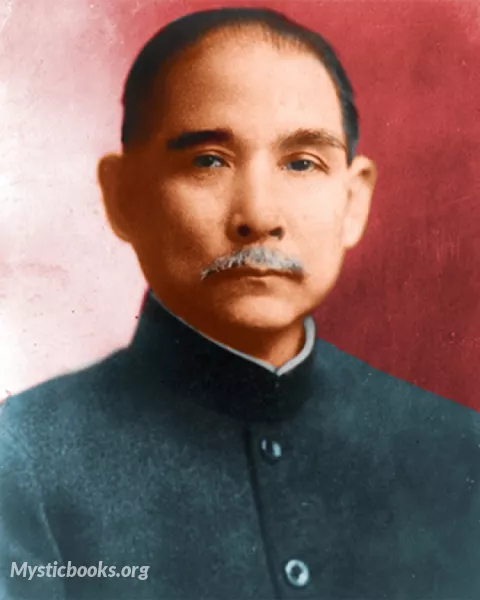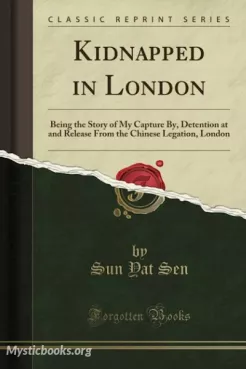
Timeline
Title
Country/Nationality
Sun Yat-sen
Sun Yat-sen, often referred to as the "Father of Modern China," was a revolutionary leader, philosopher, and statesman who played a pivotal role in shaping the course of Chinese history. His principles and vision laid the groundwork for the eventual establishment of the Republic of China and the overthrow of the Qing Dynasty. This essay explores the life and contributions of Sun Yat-sen, his principles, notable works, philosophy, and lasting legacy.
Who was Sun Yat-sen?
Sun Yat-sen was born on November 12, 1866, in Cuiheng Village, Guangdong Province, China, during a period of turmoil and unrest. Witnessing the decay of the Qing Dynasty and the rise of Western imperialism, Sun developed a deep conviction that China needed to undergo a radical transformation to regain its sovereignty and modernize.
Principles and Contributions:
Sun Yat-sen advocated the Three Principles of the People: Nationalism, Democracy, and People's Livelihood. Nationalism aimed to unify China, breaking free from foreign control. Democracy sought to establish a government elected by the people, promoting political participation and representation. People's Livelihood aimed to address social and economic inequality, alleviating poverty and improving the standard of living for the masses.
Famous for:
Sun Yat-sen is renowned for leading the 1911 Xinhai Revolution, which led to the overthrow of the Qing Dynasty, ending centuries of imperial rule in China. This significant event established the Republic of China, and Sun briefly served as its first provisional president. While his presidency was short-lived, his contributions to the revolutionary movement and the formation of modern China were immense.
Notable Works:
Sun Yat-sen was an accomplished writer and penned numerous influential works, including "Three People's Principles" and "The Fundamentals of National Reconstruction." These writings expounded on his political and philosophical ideas, inspiring many to join the revolutionary cause.
Philosophy:
Sun Yat-sen's philosophy was deeply rooted in his desire to create a modern and prosperous China, free from foreign domination and internal strife. He believed in the power of unity, democracy, and social justice to transform China into a progressive and inclusive society. His vision aimed to empower the Chinese people to take charge of their destiny and build a strong nation that could stand on equal footing with other world powers.
Death and Legacy:
Sun Yat-sen passed away on March 12, 1925, at the age of 58 in Beijing. Despite his untimely death, his impact on Chinese history and the nation's future was profound. His legacy endures through the Kuomintang (KMT) party, which he co-founded, and his principles continue to be a guiding force for political reform and progress in modern China.
Remembered as the founding father of the Republic of China, Sun Yat-sen's vision of a united, democratic, and prosperous China lives on in the hearts of the Chinese people. His principles continue to inspire generations of leaders and citizens in their pursuit of a better future for their country. Sun Yat-sen's enduring contributions to China's revolution and his dedication to the welfare of the people have secured his place in history as a revered and influential figure.
Books by Sun Yat-sen

Kidnapped in London
In the heart of bustling London, a gripping tale of intrigue and adventure unfolds as unexpected alliances are formed, and secrets threaten to unravel the fate of a nation. "Kidnapped in London" takes readers on a thrilling journey through the enigma...